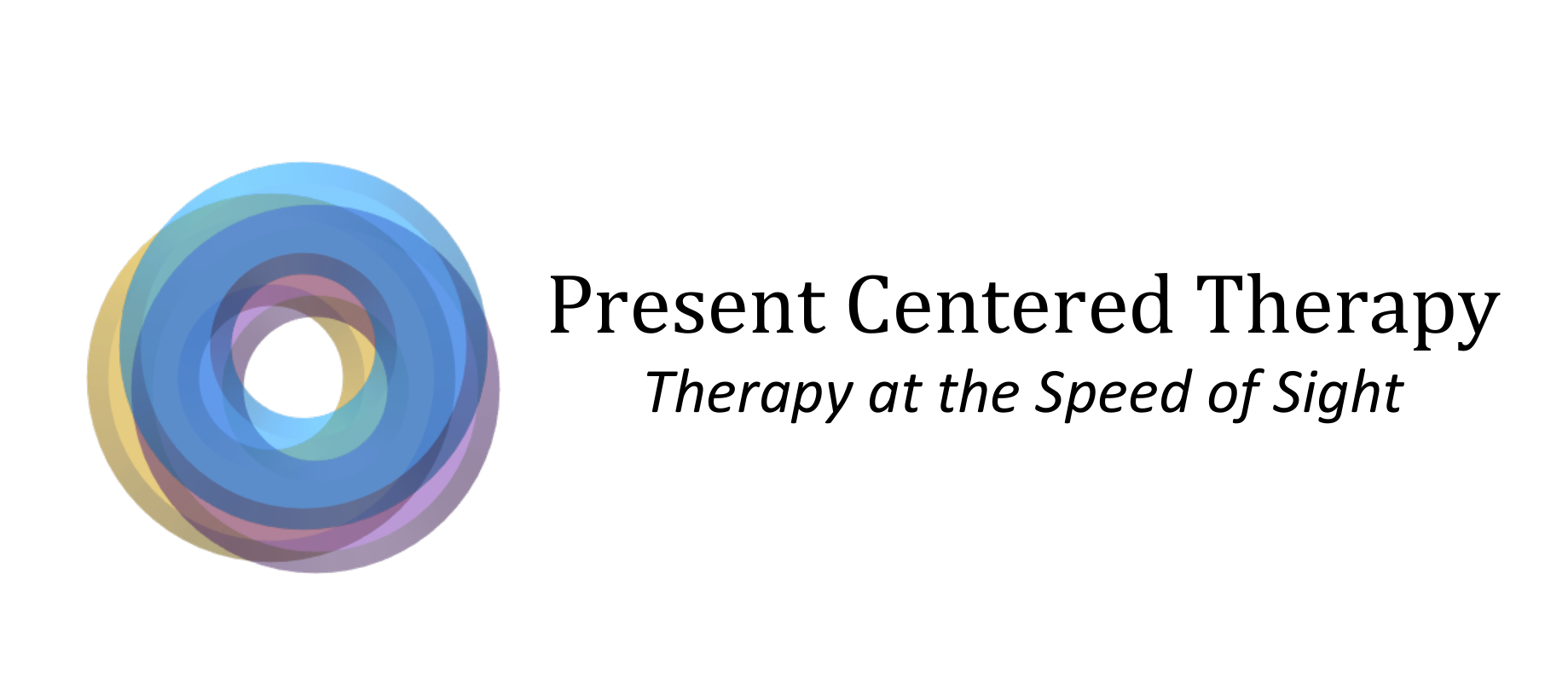Gestalt Therapy
What is Gestalt Therapy?
Gestalt therapy is an outgrowth of gestalt psychology, described as the “psychology of wholeness,” which enables you to grow and fulfill your highest potential as a human being through direct perception and awareness of the here-and-now situation.
Gestalt focuses on the present moment and encourages you to explore your thoughts, feelings, and behaviors in the context of your immediate situation and experience. It emphasizes self-awareness, personal responsibility, and the integration of mind, body, and spirit.
Gestalt therapy believes in your inherent capability of self-regulation and self-growth into your full potential as a human being. The therapist helps you to become more aware of your strengths and limitations and supports you in developing new behaviors and patterns.
Gestalt therapy can be helpful for individuals who are experiencing a wide range of issues, including anxiety, depression, relationship issues, and trauma.
The Key Benefits of Gestalt Therapy
Increased self-awareness: Gestalt therapy helps you to become more aware of your thoughts, emotions, and physical sensations in the present moment. This increased self-awareness helps you to better understand your behaviors and motivations and can lead to a greater sense of clarity and purpose.
Improved communication skills: Gestalt therapy emphasizes the importance of clear and direct communication. Through therapy, you learn how to express yourself more clearly and listen more effectively to others needs, feelings and perspectives.
Greater self-acceptance: Gestalt therapy encourages you to accept all parts of yourself, including your strengths and weaknesses leading to a greater sense of self-compassion and self-esteem. You learn to be gentle with yourself.
Increased resilience: Gestalt therapy emphasizes the importance of personal responsibility and encourages you to take an active role in your own healing and growth. This can lead to increased resilience and the ability to cope with life’s challenges more effectively.
Integration of mind, body, and spirit: Gestalt therapy recognizes the interconnectedness of mind, body, and spirit. Through therapy, you learn how to better integrate these different aspects of yourself, leading to a greater sense of wholeness and well-being.
Going with the flow: Gestalt therapy facilitates mindfulness of your emotions which are fluid internal experiences. As you become observant of your feelings in the here-and-now, you discover that change happens just in the process of life itself.
The Purpose of Gestalt Therapy
The purpose of Gestalt therapy is to transform your experience of living so that the situations and emotions you have been trying to change or have been putting up with clear up just in the process of life itself.
Techniques of Gestalt Therapy
There are several techniques used in Gestalt therapy to help individuals become more aware of their present thoughts, feelings, and behaviors. Some of these techniques include:
Dialogue: This technique involves the therapist engaging in a conversation with you to help you become more aware of your thoughts and feelings. A dialogue always begins with a single word that names your here-and-now presence and essence.
Self-inquiry technique: This technique empowers you to ask certain questions of yourself enabling you to “look within” and answer the kinds of questions you are asking of your existence.
Empty chair technique: This technique involves imagining someone or something is present in an empty chair and then speaking to it. This technique helps you to express your emotions and work through unresolved issues.
Body awareness: This technique involves becoming more aware of body sensations, such as tension, discomfort, or relaxation. All unfinished emotions are stored in the body. The therapist may guide you through breathing exercises or other techniques to help you become more aware of the sensations and movements of your body.
Mind awareness: This technique enables you to listen to your thinking and watch the visual images that cross the private stage of your mind. This enables you to know yourself as the observer of your experience transforming your identity from “human” to “being.”
Situational awareness: This technique enables you to become more aware of your immediate surroundings and how you relate to the objects and people in your environment.
Role-play: This technique involves taking on the role of another person or a part of yourself to gain a new perspective on a situation or problem.
Self-expression: This technique encourages self-expression through various modes such as journaling, art, music, dance, or other forms of creative expression. This technique helps you to access your emotions and gain new insights into your experiences.
Forgiveness technique: This technique enables you to identify the negative thoughts you carry from past events and guides you through a process to release your self-judgments and held-on-to emotions and grievances.
Summary
Gestalt therapy is a unique and effective approach to psychotherapy that focuses on your present moment experience. This therapy can be helpful to improve your self-awareness, relationships, and coping skills. It helps you to grow and fulfill your highest potential as a human being.
Gestalt therapy is a unique and effective approach to psychotherapy that focuses on your present moment experience. This therapy can be helpful to improve your self-awareness, relationships, and coping skills.
